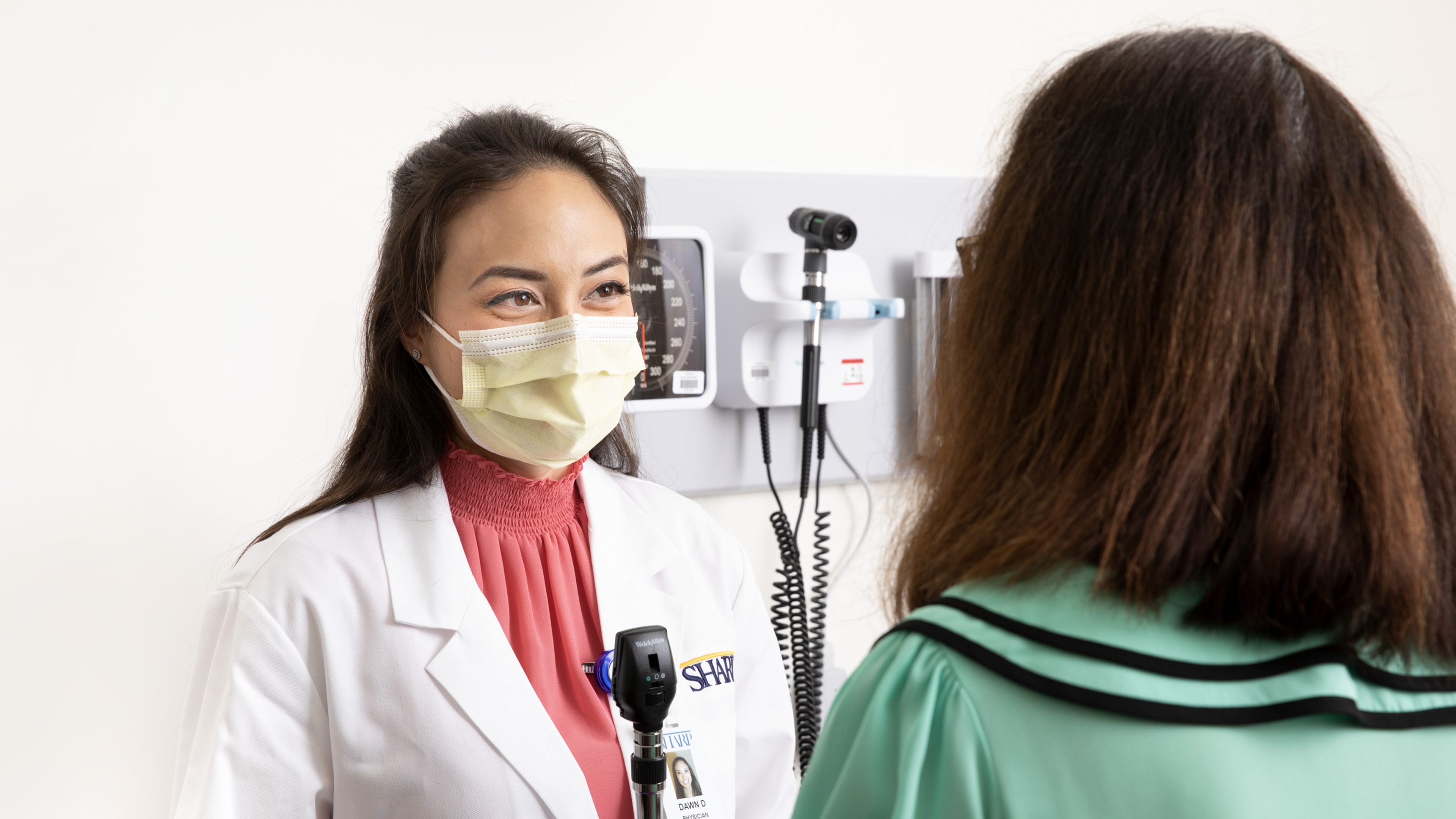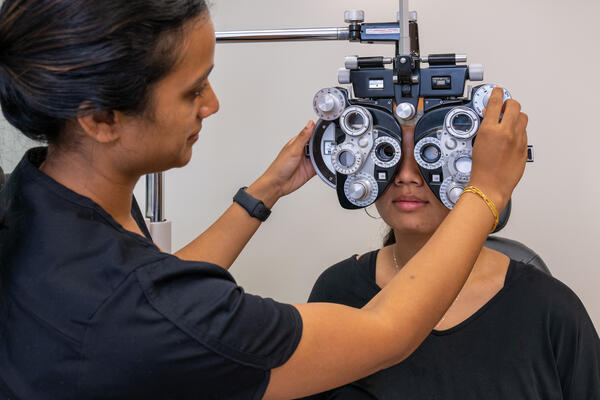Optometrist in Andalusia: Relied On Experts for Vision Health
Optometrist in Andalusia: Relied On Experts for Vision Health
Blog Article
Is Refractive Surgical Procedure Right for You? Factors to Think About for Better Eyecare
In the realm of eye care, the decision to undergo refractive surgery is a significant one that requires thoughtful consideration. From the ins and outs of one's ocular health and wellness to the complexities of individual expectations and daily habits, each aspect holds significance in the broader landscape of refractive surgical procedure candidateship.
Eye Health Analysis
When thinking about refractive surgery, an extensive eye health evaluation is crucial to analyze the viability of the procedure for every person. neurologist andalusia. This analysis includes a series of examinations and evaluations performed by an eye care specialist to figure out the overall wellness of the eyes, the existence of any type of underlying problems, and the stability of the refractive mistake
During the analysis, different factors are thought about, such as the individual's medical background, current eye prescription, corneal density, pupil dimension, and tear film top quality. These evaluations aid to determine any kind of contraindications to refractive surgical treatment, such as corneal problems, cataracts, or without treatment eye infections. In addition, the examination assists to manage person expectations relating to the potential outcomes of the surgical procedure based on their special eye characteristics.
Eventually, the eye wellness evaluation is important in making certain the safety and effectiveness of refractive surgical treatment, as it supplies valuable insights into the individual's eye health status and assists establish the most suitable treatment options for achieving optimal visual outcomes. (cardiologist andalusia)
Way Of Life Evaluation
A complete lifestyle analysis is essential in establishing the suitability of refractive surgery for an individual's visual modification needs. Way of living factors such as line of work, hobbies, and everyday activities play an essential duty in the decision-making process relating to refractive surgery.
Furthermore, lifestyle routines such as sporting activities participation, outdoor activities, or even skincare routines can influence the recovery process and total success of refractive surgical treatment. By carrying out a comprehensive way of life evaluation, eye treatment experts can tailor their recommendations and therapy strategies to satisfy the one-of-a-kind needs of each individual, eventually leading to improved aesthetic results and contentment.
Expectation Alignment

Establishing sensible assumptions includes extensive pre-operative discussions between the patient and the eye doctor. The surgeon needs to transparently interact the potential risks, advantages, and constraints of the procedure (neurologist andalusia). Individuals need to understand that while numerous individuals attain 20/20 vision or much better following refractive surgical procedure, some may still require glasses for particular activities like analysis or driving at night. Taking care of these expectations aids stop disappointment and dissatisfaction post-surgery, leading to a much more positive total experience for the client.
Danger Evaluation

Aspects that might enhance the threat of problems consist of age, certain medical problems like autoimmune conditions, unsteady vision prescription, slim corneas, and unrealistic client assumptions. Additionally, selecting a experienced and seasoned cosmetic surgeon, adhering to pre and post-operative care directions faithfully, and disclosing any type of appropriate medical background can help alleviate threats.
To minimize the likelihood of problems, ophthalmologists visit our website perform extensive pre-operative analyses to identify any contraindications to surgical treatment. They additionally discuss the potential risks and benefits with clients throughout the examination process. By participating in open communication and shared decision-making, both the individual and the eye doctor can collaborate to determine if refractive surgery is the best choice based on individual risk accounts and desired outcomes.
Assessment Significance
Thinking about the vital function of informed decision-making in evaluating risks and potential issues in refractive surgery, the appointment process holds significant significance in guiding clients towards optimum end results. During the consultation, the ophthalmologist reviews the individual's eye health and wellness, refractive errors, and total viability for surgical treatment. This preliminary assessment is crucial in establishing one of the most suitable treatment for every individual, taking into consideration variables such as corneal thickness, pupil dimension, and existing eye conditions.
In addition, the examination works as an opportunity for people to discuss their assumptions, worries, and any inquiries they may have regarding the find out surgical treatment. Clear communication in between the cosmetic surgeon and the person is important to make sure realistic assumptions and an extensive understanding of the possible threats and benefits included.
In addition, the assessment permits the cosmetic surgeon to clarify the different surgical choices readily available, their respective results, and the post-operative treatment required. This detailed conversation empowers individuals to make educated decisions regarding their eye treatment, leading to much better contentment and outcomes post-surgery.
Final Thought
Finally, people considering refractive surgical treatment needs to undergo an extensive eye health and wellness analysis, assess their way of life routines, straighten their assumptions with prospective results, evaluate the affiliated dangers, and focus on assessments with eye treatment experts. These aspects play an essential function in establishing the viability of refractive surgical treatment for each and every person, making certain optimum end results and satisfaction with the procedure.
Individuals thinking about refractive surgical treatment commonly have high assumptions relating to the results, expecting perfect vision without the need for glasses or contact lenses. While refractive surgery can greatly boost vision and lower dependence on visual aids, it is crucial for people to understand that outcomes might vary based on individual variables such as the level of refractive error, corneal density, and total eye health and wellness.
By engaging in open interaction and shared decision-making, both the person and the eye doctor can function together to determine if refractive surgical procedure is the ideal choice based on individual threat profiles and desired end results.
Thinking about the crucial duty of educated decision-making in evaluating risks and possible issues in refractive surgical treatment, the consultation procedure holds significant relevance in directing people towards optimal results. Throughout the assessment, the eye doctor assesses the person's eye health, refractive mistakes, and general viability for surgical treatment.
Report this page